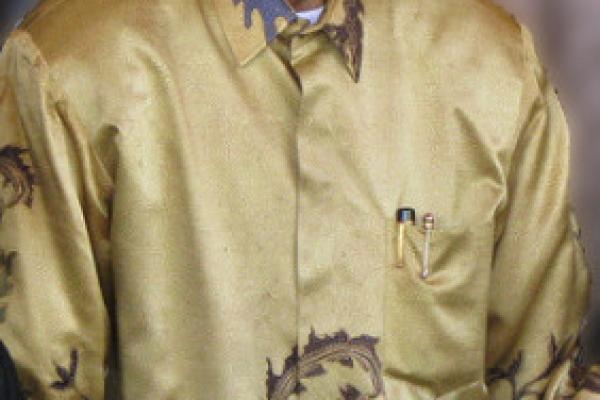Nelson Mandela, the former South African president who died Thursday, had a deep connection with religious institutions.
Mandela was educated, first at Clarkebury and then at Healdtown, Methodist boarding schools that provided a Christian liberal arts education.
“Both were important influences on his life,” said Presiding Bishop Zipho Siwa of the Methodist Church of Southern Africa. “Indeed, after his time at Clarkebury, the young Mandela said his horizons had been broadened.”
In Cape Town, retired Anglican Archbishop Desmond Tutu said Mandela was mourned by South Africans, Africans, and the international community as a colossus of unimpeachable moral character and integrity.
“He preached a gospel of forgiveness and reconciliation,” Tutu wrote in a tribute on Allafrica.com.
Read the Full Article

